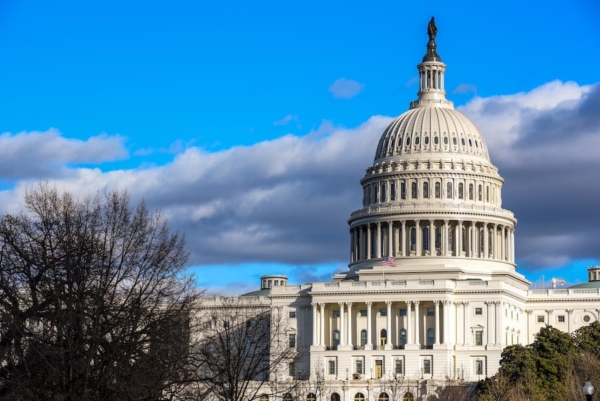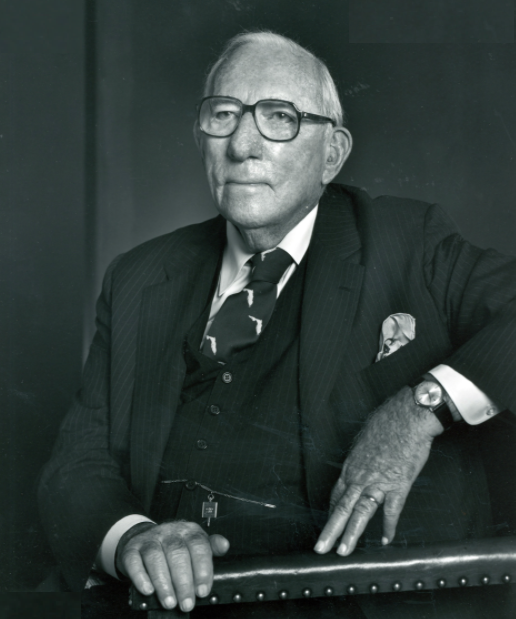
Some two decades ago, seniors had a Congressional committee dedicated solely to safeguarding their interests. Then the Republicans, led by Speaker Newt Gingrich, took control of the House for the first time in 40 years and shut down the House Select Committee on Aging. Today, there is a movement to revive that committee – and there truly is no moment since the early 90s when it has been so sorely needed.
In a letter to members of Congress, the Legislative Council of Aging Organizations (LCAO), of which we are a member, explained why the time is now to reinstate the House committee:
“The last two years have proven particularly difficult for older adults in our country and globally as the coronavirus had a disparate impact on the lives of older individuals, particularly those residing in assisted living facilities and nursing homes. As Americans are aging, we also face a variety of intergenerational concerns that merit attention, such as growing demands on family caregivers and a burgeoning retirement security crisis.” LCAO letter to members of Congress, 3/4/22
Last August, Rep. David Cicilline (D-RI) introduced a resolution (H. Res. 583) to re-instate the House Select Committee on Aging, which the National Committee to Preserve Social Security and Medicare fully supports. It is more than appropriate that this committee be reinstated, with seniors representing a growing portion of the overall population. By 2030, nearly 75 million people in the U.S. – or 20% of the country – will be age 65 and older.
Several federal programs that seniors rely upon are at an inflection point, increasing the need for a House committee to advocate for older Americans. Social Security’s finances must be shored up so that the trust fund doesn’t become depleted in the 2030’s, while retirees’ benefits need to be boosted to meet 21st century living expenses. The Medicare Part A trust fund faces a shortfall in just a few years. At the same time, benefits covered through Part B should be expanded to include dental, vision, and hearing care, and attempts to privatize the program must be resisted. Medicaid requires additional funding for Home and Community-based Services (HCBS) as a lower-cost and often preferred alternative to nursing homes.
Programs that help seniors under the Older Americans Act (OAA) – including Meals on Wheels grants and home heating assistance – must continue to be adequately funded. When Donald Trump was President, his proposed budgets zeroed-out these programs so crucial to lower-income seniors. A House Committee on Aging would provide greater protection for – and promotion of – seniors’ ongoing needs.
The most prominent chairman of the House Aging Committee was the legendary Rep. Claude Pepper (D-FL) – a true champion for seniors. Under Congressman Pepper’s leadership, the committee was able to affect genuine change for the better.
“Pepper pushed the ban on mandatory retirement… protected nursing homes, expanded home healthcare and bolstered Social Security, with solvency through 2034. That put him on the cover of Time Magazine… as America’s ‘Spokesman For the Elderly.’” – Miami Herald, 3/21/22
In an op-ed in the Miami Herald, former House Aging Committee Chief of Staff Robert Weiner and Ben Lasky, senior policy analyst at Weiner Associates, argue that a re-instated committee could play a significant role in the well-being of today’s seniors. “With Pepper’s legacy as the guide, pandemic deaths, nursing homes, home care, Social Security, and Medicare would be improved by the sunlight of oversight.”

Rep. Claude Pepper (D-FL) was a seniors’ champion and longtime chair of the House Select Committee on Aging
In order for the House Aging Committee to be re-instated, the full House would have to vote on Rep. Cicilline’s resolution. It could pass by a simple majority and the committee would be revived. But House Speaker Nancy Pelosi has not yet committed to bringing Cicilline’s resolution to the floor. To increase the chances that it comes up for a vote, we urge voters to contact their representatives and tell them to cosponsor/support H. Res. 583.
Without a House Select Committee on Aging, there is no body on the House side to focus holistically on older Americans’ priorities. True, there are other committees with jurisdiction over seniors’ programs – but no single committee dedicated to keeping an eye on the big picture for seniors. Fortunately, the Senate Special Committee on Aging has continued to operate in the absence of a House counterpart. Today, the Senate committee is working on everything from scams against seniors to increasing HCBS services, to calling out questionable billing practices by Medicare Advantage insurers. Seniors have been better off these past decades with a Senate Aging Committee at work – and would greatly benefit from a reinstated and robust House Aging Committee, whose sole mission would be to look out for older Americans’ needs.


